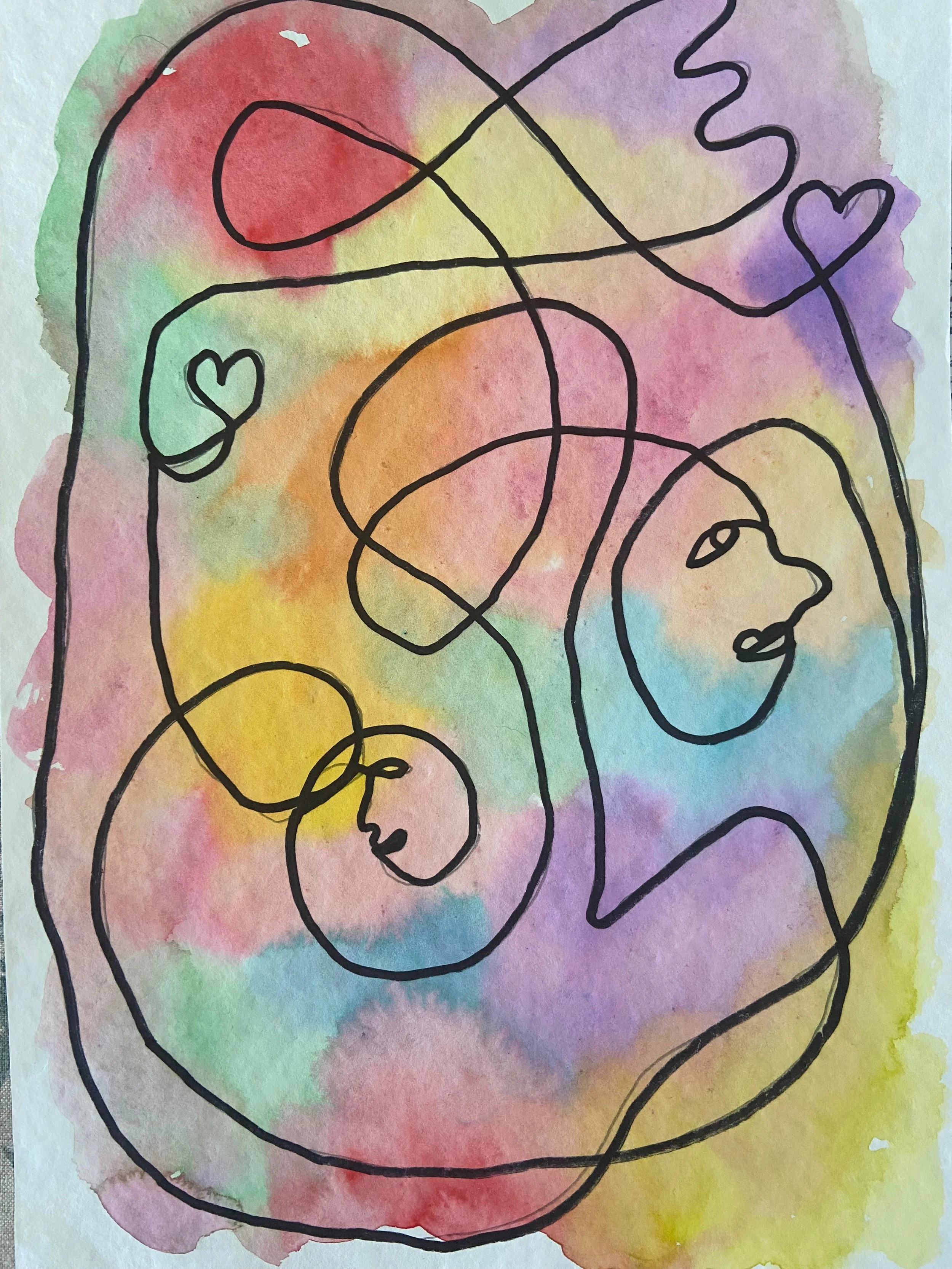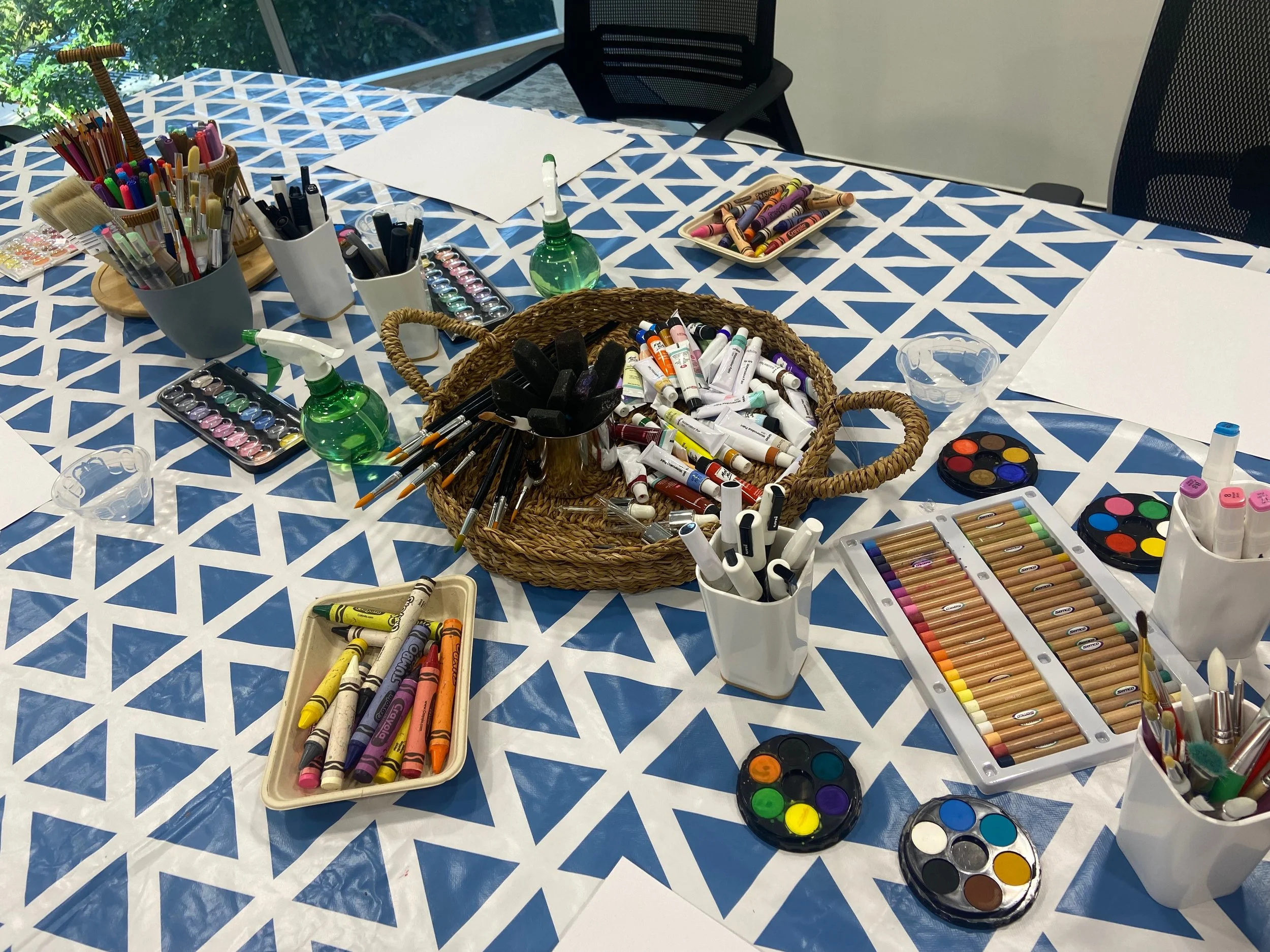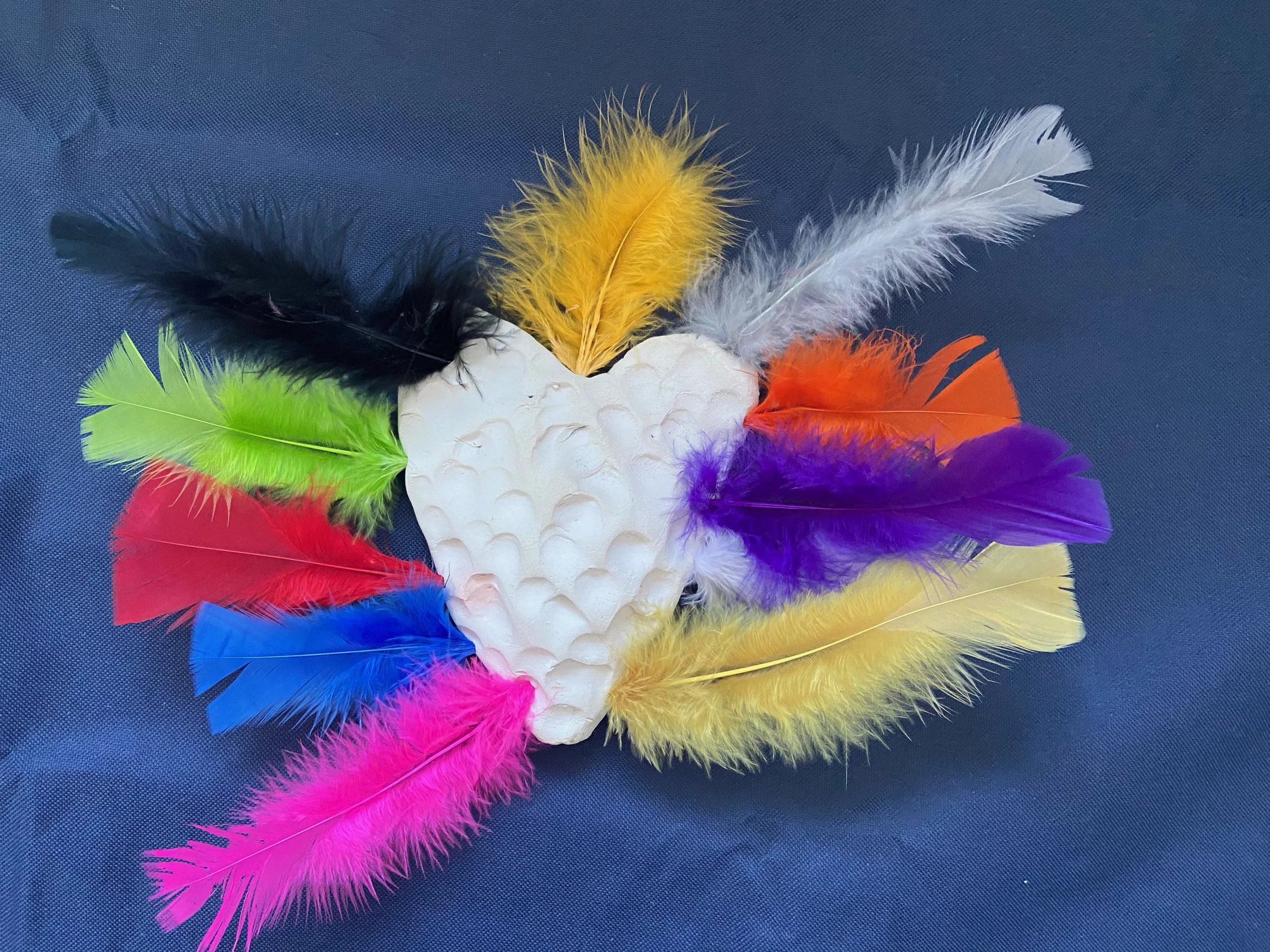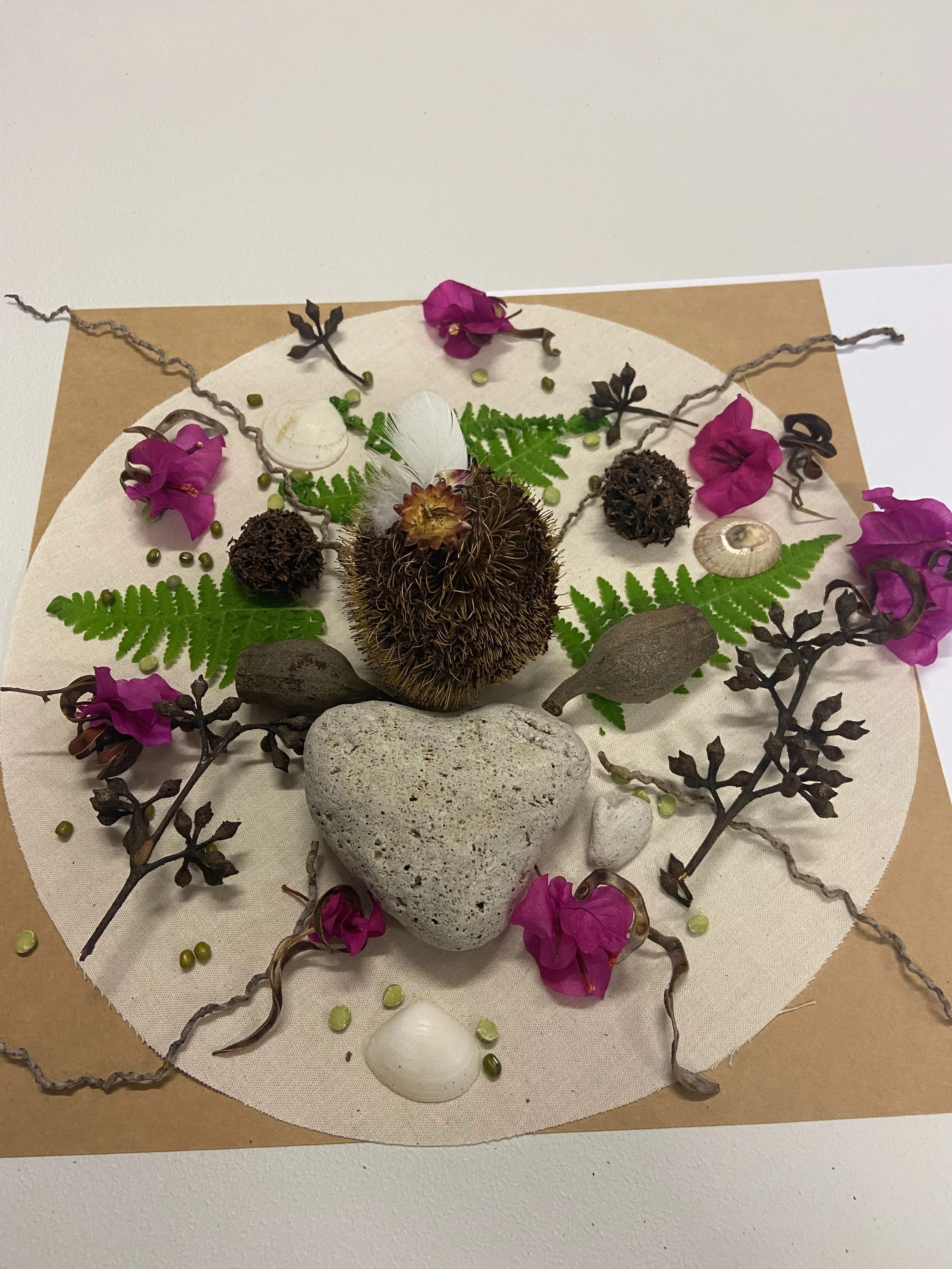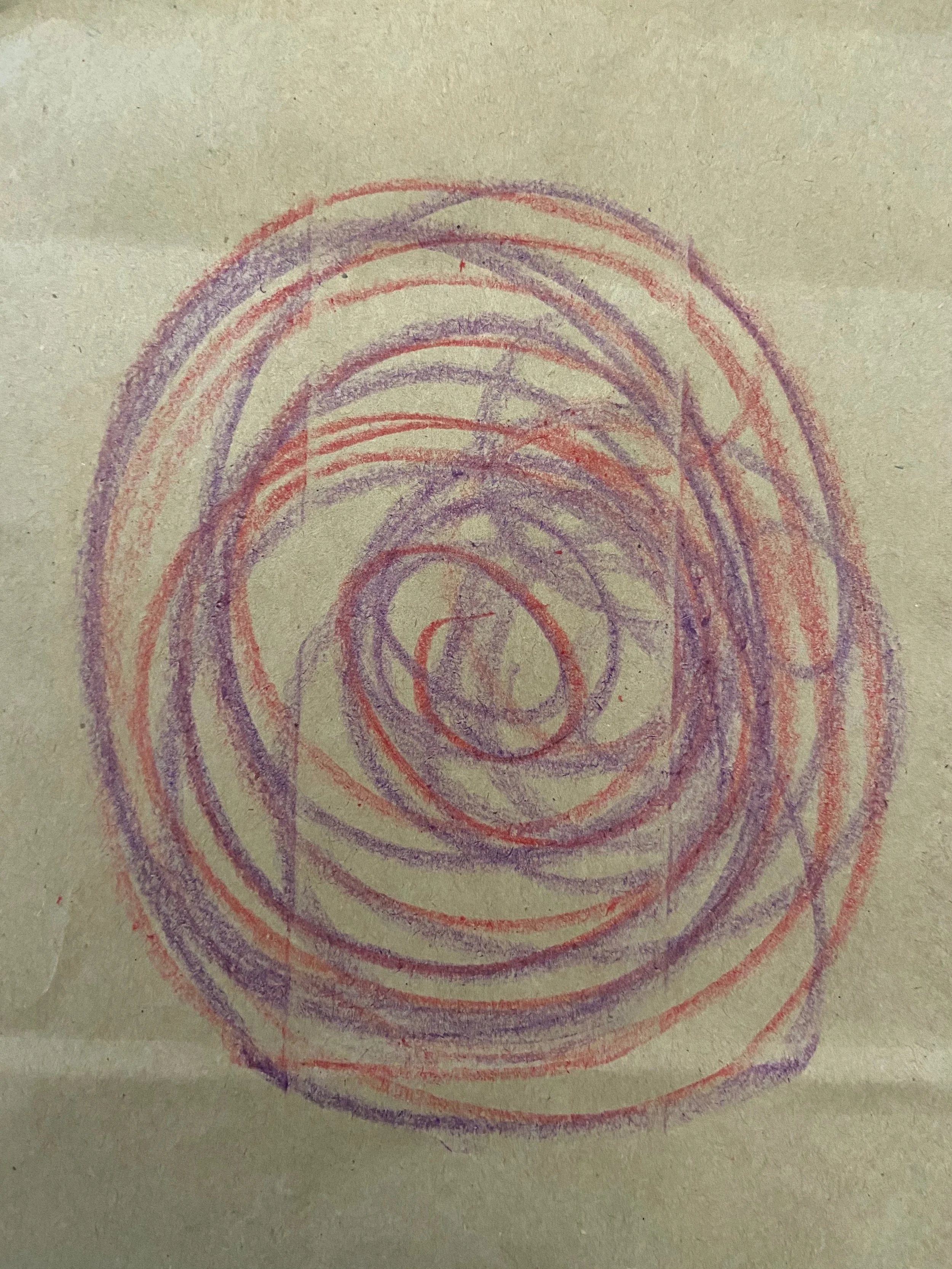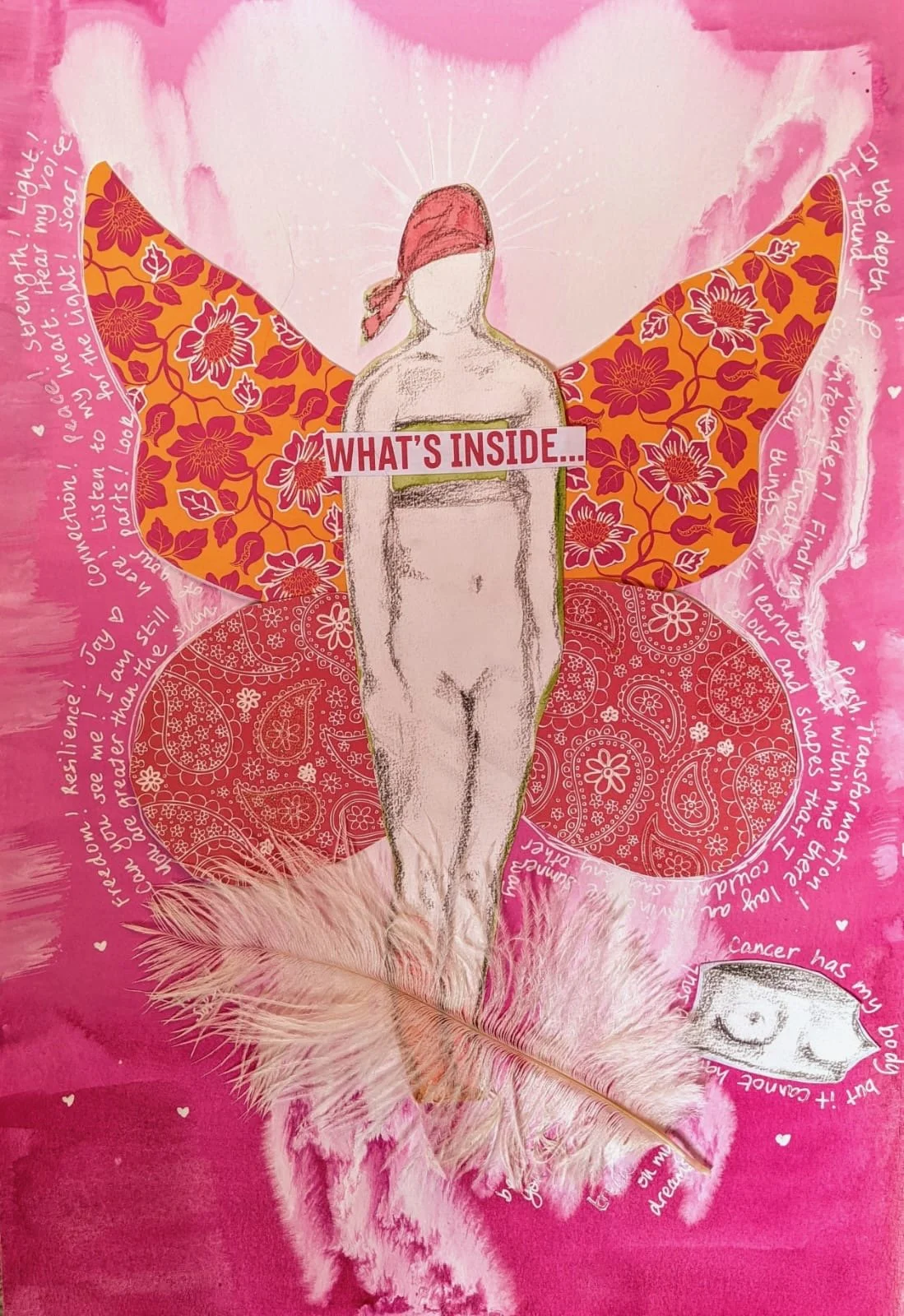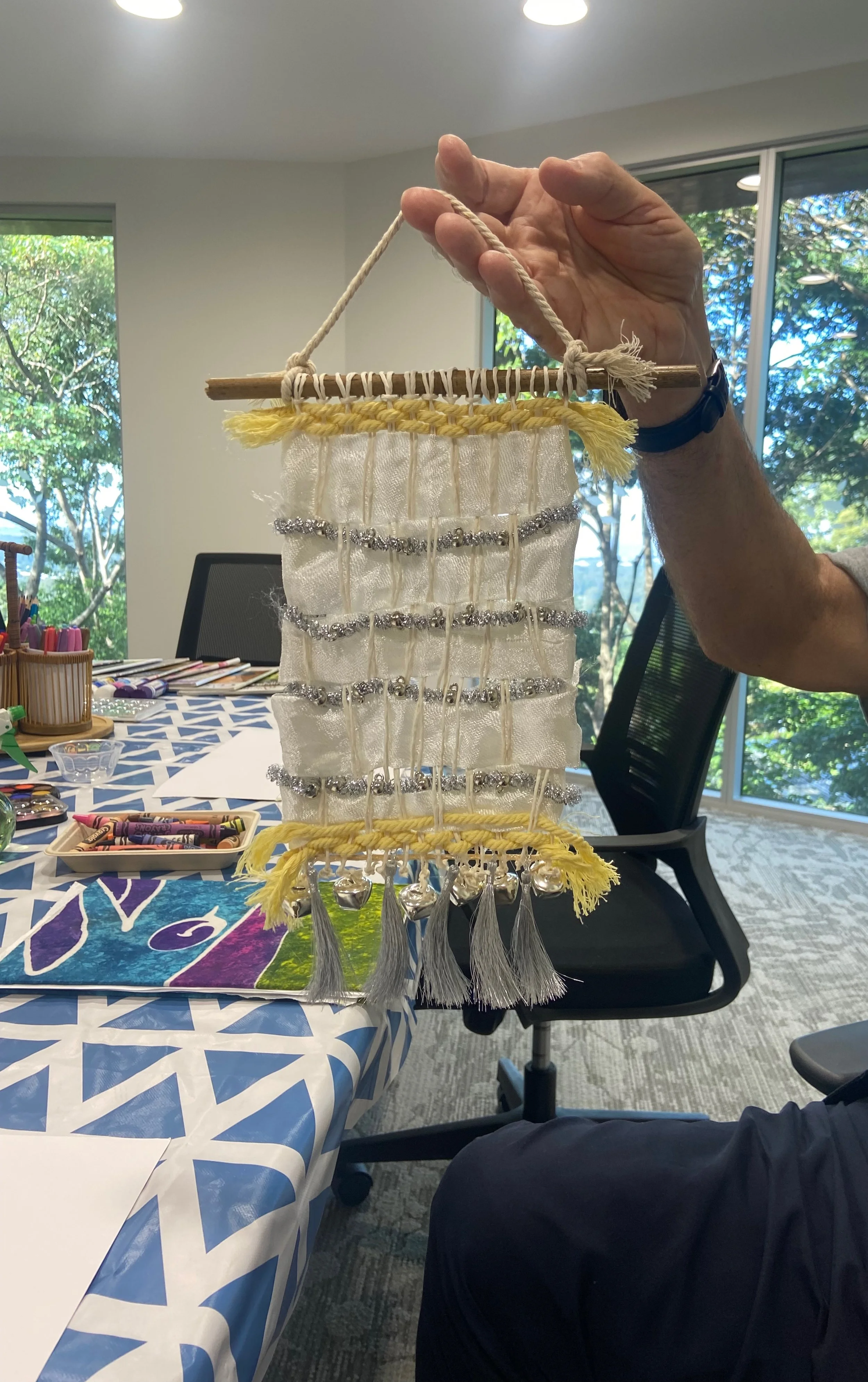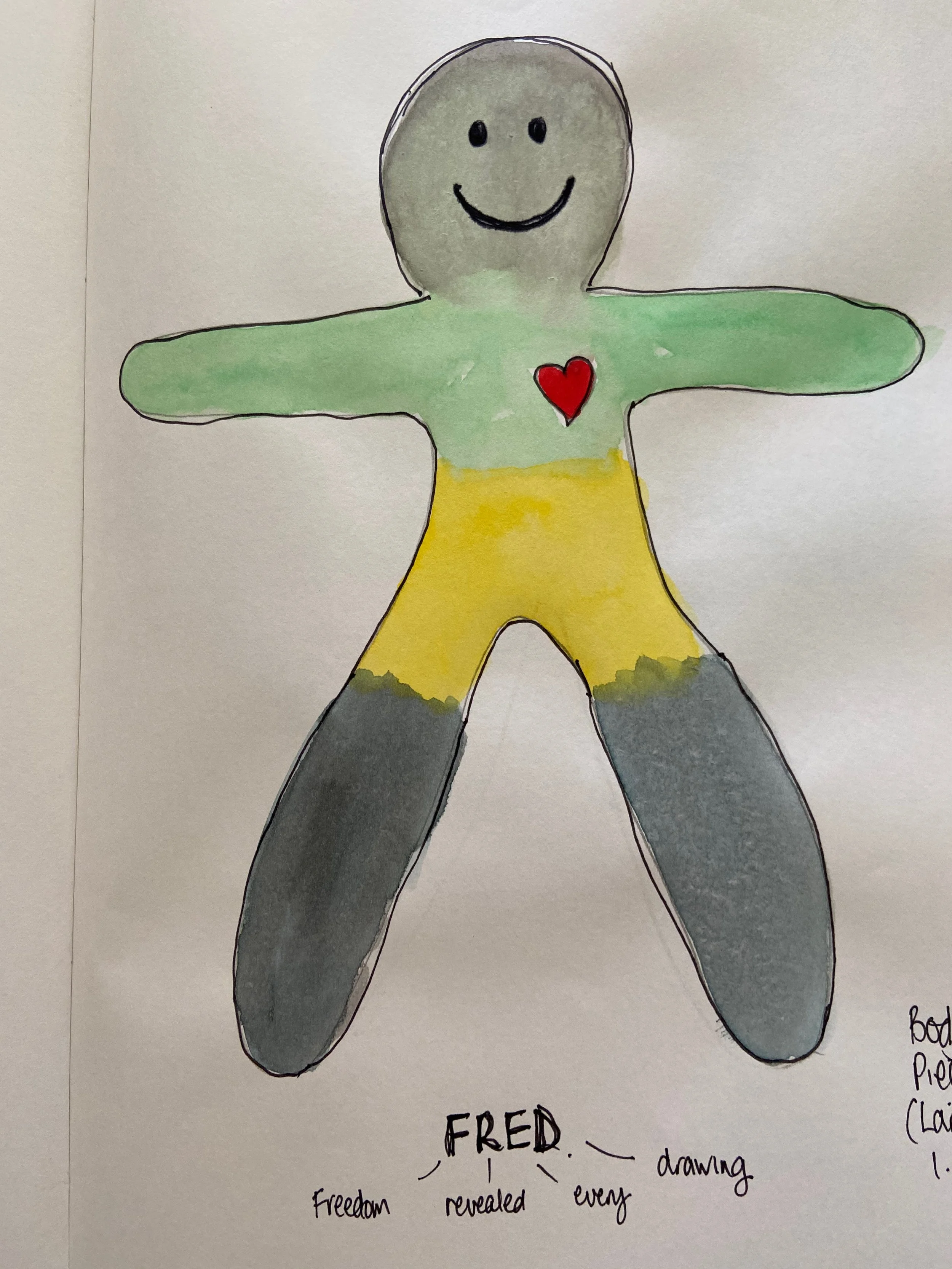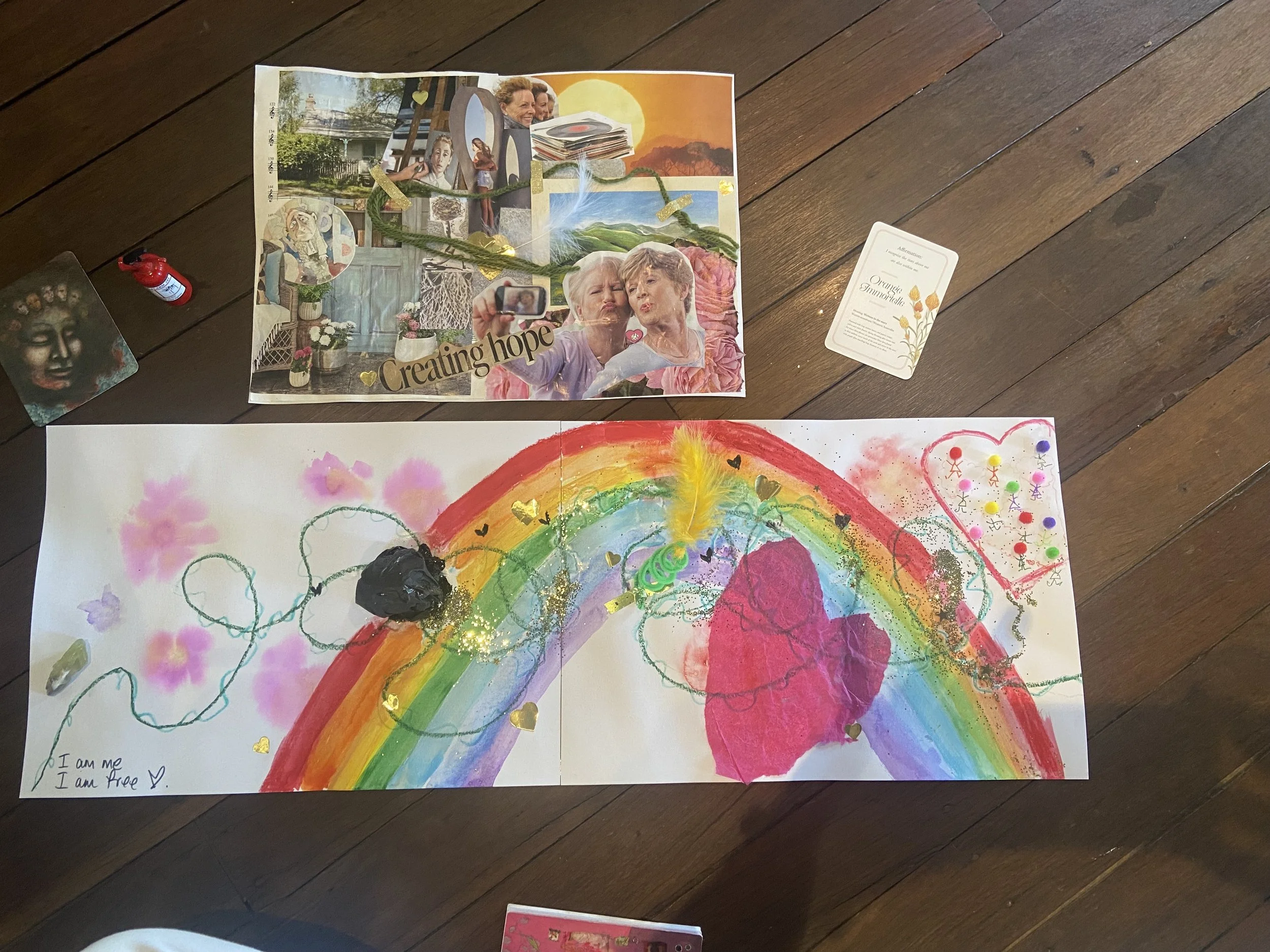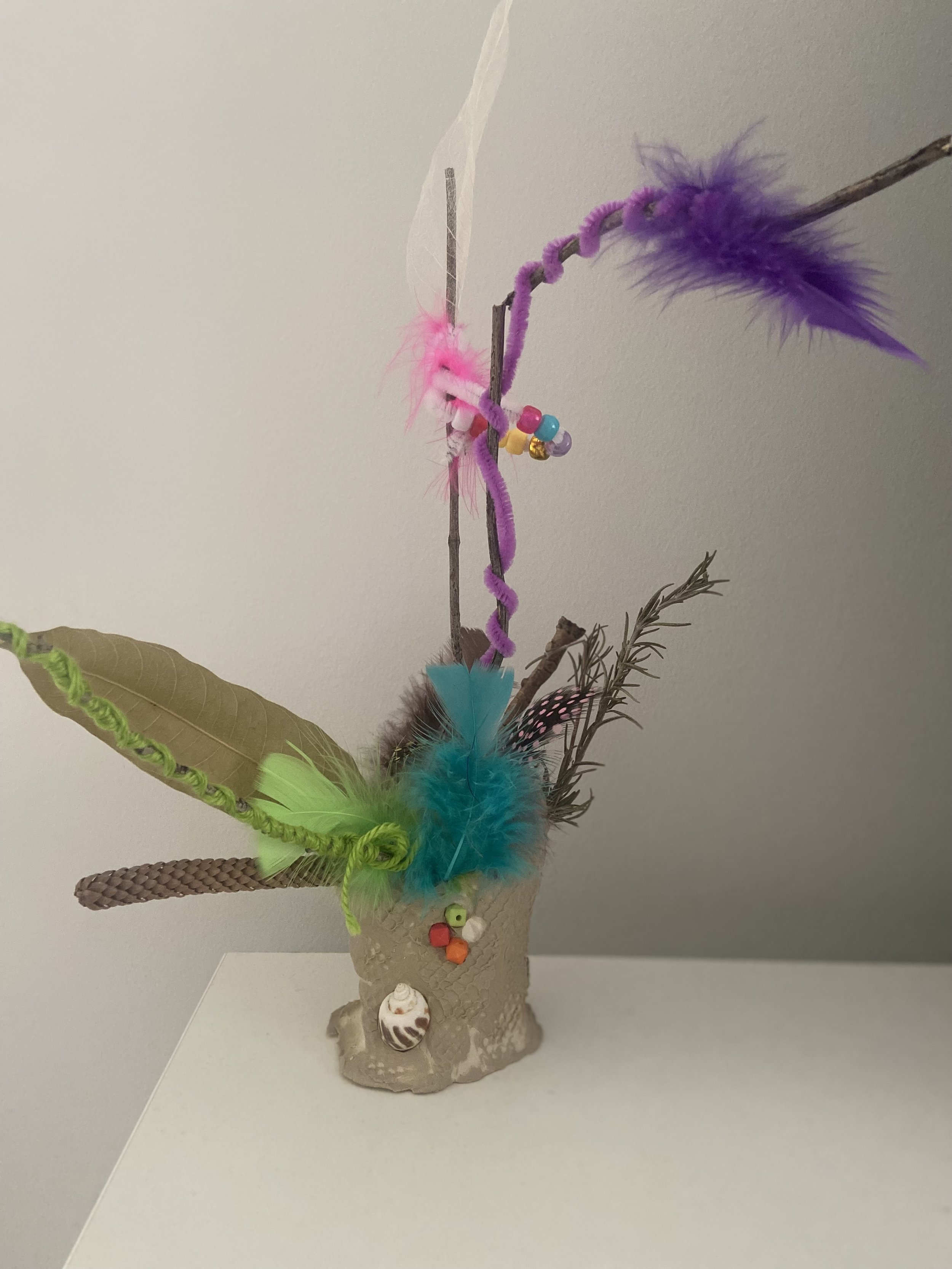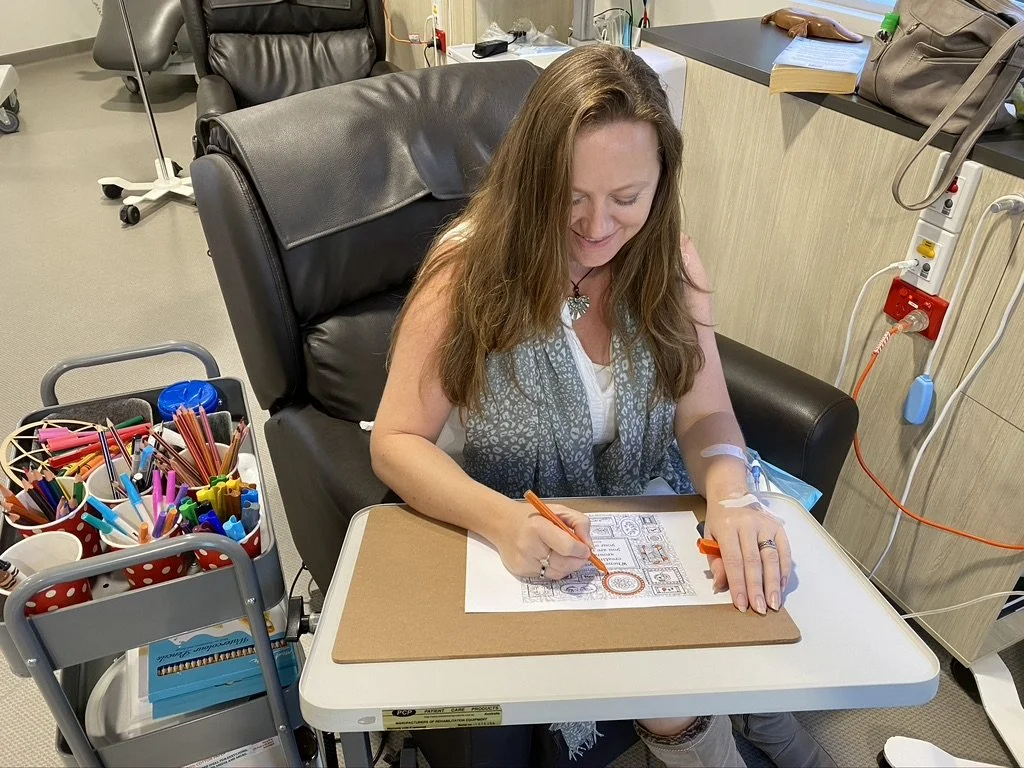
WELCOME TO RESTORE EXPRESSIVE THERAPY
WHAT IS EXPRESSIVE THERAPY ?
Have you ever stood in front of a painting and felt an emotional response to what you see. Visual stimuli have the ability to create a response in the viewer. In expressive art therapy we can use line, shape and colour, to visually express emotions. We may have difficulty at times finding words for our emotions. In representing our thoughts and feelings visually, the brain has an opportunity to process these feelings through our image making. You do not need any artistic ability to participate in expressive art therapy. Expressive therapy is for everyone. You definitely don't need to be an artist - in the creating process the brain responds differently to speaking . Combining both can be very powerful in getting in touch with our emotions and responses. Expressive therapy incorporates psychotherapy with the use of expressive art and visual prompts to help work through specific issues and facilitate healing. It is not about interpreting or critiquing your creativity. The goal in expressive therapy is to facilitate our restoration of self through arts-based, sensory focused approaches, recovering wholeness, well-being, resilience, and self-efficacy. “Art therapy is based on the idea that the creative process of art making is healing and life enhancing and is a potent form of communication. It uses the creative process which exists within each of us, to promote growth, self-expression, emotional repair, conflict resolution and transformation. Through art making as therapy you may find relief from overwhelming emotions, crises, or trauma: discover insights about yourself, achieve an increased sense of wellbeing; enrich your daily life; or experience personal change. It is a way to sense of that which is painful, to create personal meaning, to enhance wellness and to become whole.”
“What lies behind us and what lies before us are tiny matters compared to what lies within us.”
Hi. My name is Deb Jacobs (AThR). It is wonderful to have you visiting our page. I am so passionate about how expressive art therapy can have a restorative effect on our mind, body and emotional well-being. Life can certainly throw us some curve balls. I have definitely experienced a few myself. We all have our individual stories to tell. Sometimes it can be hard to put what we feel into words , or even work out why we feel the way we do. Expressive therapy can really help us work through complex emotions and give us tools to help restore balance and facilitate healing. My background in mental health nursing, general nursing and cancer support has given me a broad exposure to complex mental health needs and concerns. I hold a Bachelor of Social Science / Psychology and a Masters in Mental Health - Art Psychotherapy (UQ Med school). I am a professional member of ANZACATA (Australia ,New Zealand and Asia Creative Art Therapy Association) and a member of PACFA (Psychology and Counselling Federation of Australia)
I have worked overseas and in Australia across many areas of healthcare in both the public and private sectors. I currently also work with Autism Camp Australia (QLD). I believe in affirming neurodiversity within my practice and I particularly enjoy supporting women to build on their strengths and increase their capacities for everyday life.
I also work with adults and their families navigating the challenges and emotions that are particular to a cancer diagnosis and treatment. I have supported oncology clients, individually and in groups over the last 10 years, within my roles in Cancer Council Queensland, Bloomhill Cancer Care and at the Sunshine Coast Oncology and Haematology Clinic.
Engaging in expressive art therapy can also give room for joy, fun and refreshment. It really is a wonderful tool for healing and restoration.
EXPRESSIVE THERAPY IN CANCER CARE.
Cancer is a life changing diagnosis , our treatments may include chemotherapy , surgery and radiotherapy to combat the cancer in our body, yet the impact on our mental health and emotions can also be debilitating. Research supports that physical outcomes are much improved if meaningful psycho-social support is present when you have a cancer diagnosis. When we are navigating our treatment , we often do not attend to our emotional needs and this can further increase the incidence of fatigue, anxiety, stress and depression.Expressive Therapy offers a wonderful support for those going through treatment for cancer and beyond. Research has also shown that expressive therapies can decrease our perception of pain. Having a cancer diagnosis can often leave one feeling very isolated, meeting with an expressive art psychotherapist or participating in an expressive art group can increase our sense of support and connection. Within expressive therapy you will also learn strategies and tools to take away and use in everyday life.
“I found I could say things with colour and shapes that I couldn’t say any other way , things I had no words for ”
FAQs
Do you need to be artistic to benefit from expressive therapy?
Everyone can benefit from expressive therapy. You do not need any artistic skill at all. Our focus is not on the end result as much as on the emotions and feelings that are coming up when we are creating. What are we noticing within the process?
Are all of the sessions the same for each person?
Expressive therapy works with you as an individual. Deb uses a person centred approach where the sessions will be specific to you and your particular story. We are all unique and expressive therapy allows space to explore this in a safe supported environment.
How do I know if expressive therapy will work for me?
Deb offers an initial complimentary 30 minute session to meet and discuss any concerns you may have. It is a great opportunity to ask questions, meet Deb and explore expressive therapy further. Please contact us to make an appointment.
Can you get a medicare rebate for expressive therapy?
Currently Medicare Australia does not offer rebates for counselling and psychotherapy.
You may access Expressive Art Therapy through your NDIS plan.
Fees are set in consideration of this.
-

Individual Consultations
Bloomhill Wellness Centre 58 Ballinger Road Buderim , QLD, 4556
-

Expressive Art group
For clients of Sunshine Coast Haematology and Oncology Clinic. Kings Street , Buderim.







